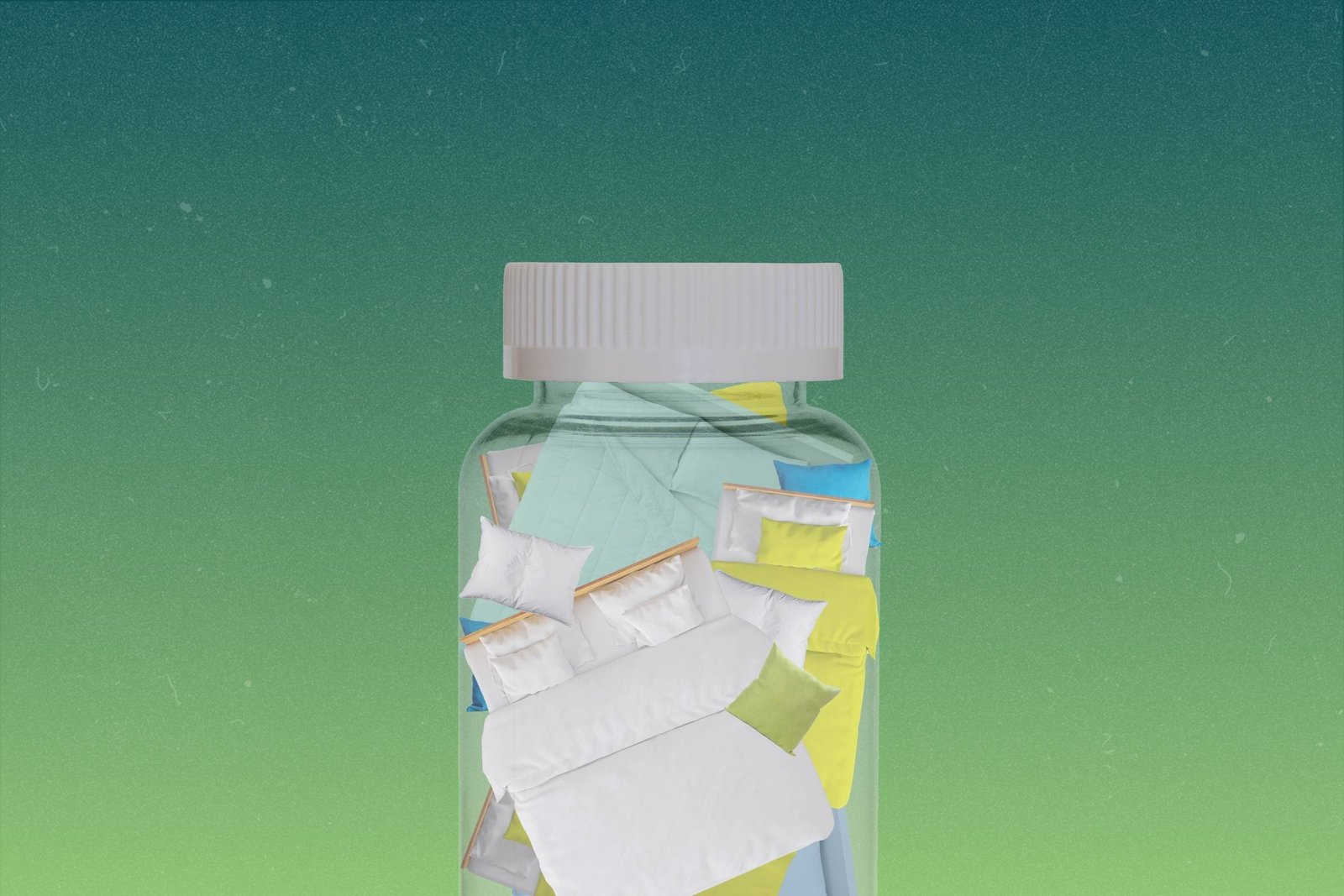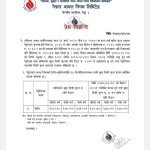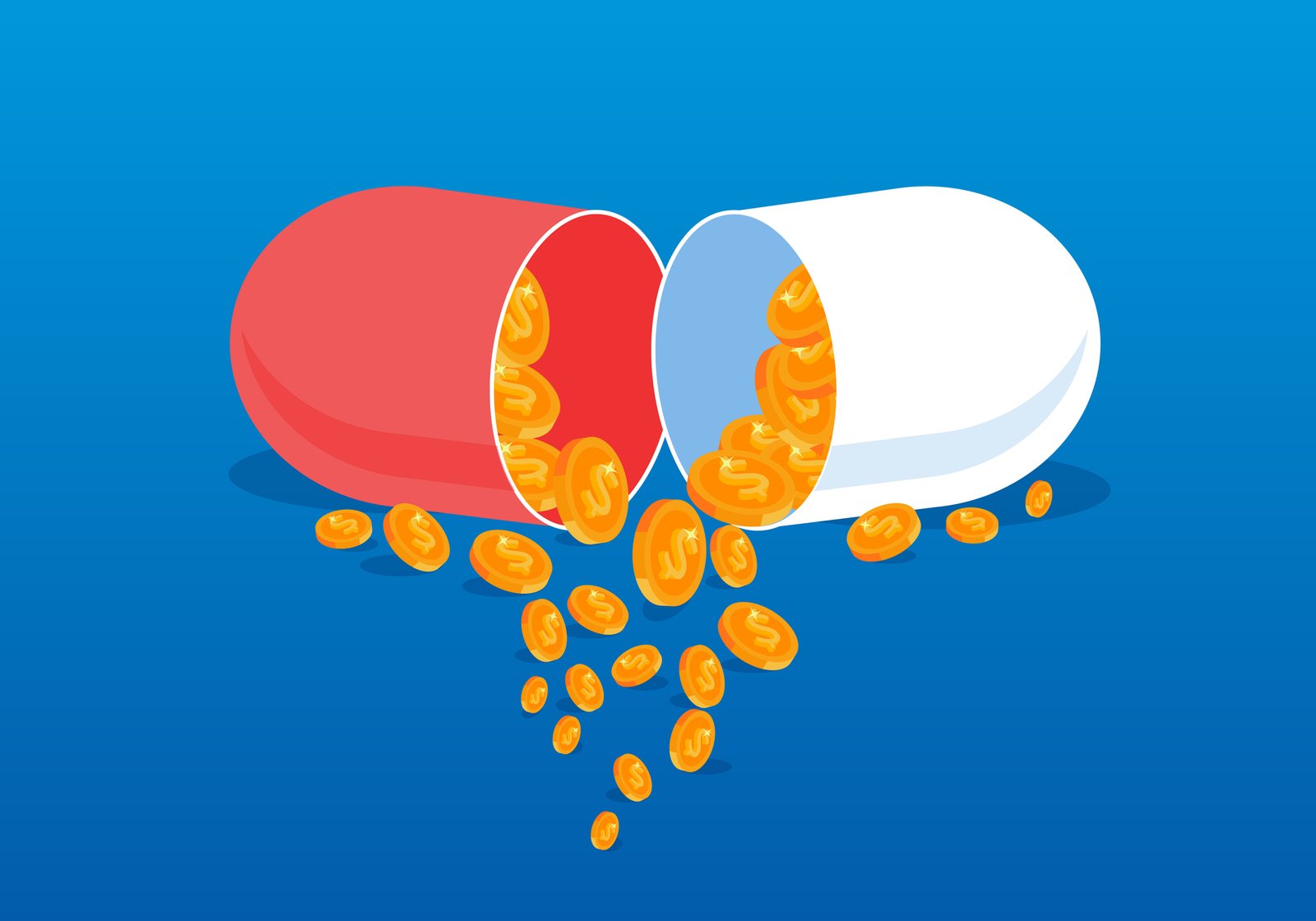

English News: Should I Take Supplements to Sleep? What Experts Think
[[{“value”:”
If you want to understand the importance of sleep, ask someone who spent the previous night tossing and turning. Sleep is a vital function: essential for physical recovery, preparing for the next day, even clearing waste material from the brain. Mounting evidence suggests that getting adequate amounts of sleep each night is even more critical than previously believed, responsible for reducing the risk of serious conditions including dementia, obesity, and stroke.
[time-brightcove not-tgx=”true”]
Yet so many of us struggle to fall and stay asleep, with more than one-third of U.S. adults failing to get the recommended seven to nine hours of shuteye each night, according to a 2020 survey from the National Sleep Foundation.
Many people are turning to over-the-counter solutions to help them get the rest they need. But do sleep supplements really work?
Melatonin
Melatonin has emerged in recent years as one of the most popular sleep supplements, given its reputation for being effective as well as safe. Nearly two-thirds of adults say they’ve turned to melatonin to help them sleep, according to a 2023 survey from the American Academy of Sleep Medicine (AASM).
“It’s not something that is generally harmful or toxic, which is probably why people are tempted to take more when a little bit doesn’t work,” says Dr. Milena Pavlova, a neurologist at Brigham and Women’s Faulkner Hospital and an associate professor of neurology at Harvard Medical School.
Melatonin is a hormone released by the brain in response to darkness, helping our bodies prepare to shut down for the night. Synthetic melatonin is readily available at pharmacies and online, but experts caution that it’s not always easy to tell what you’re buying.
Read More: Melatonin Overdoses Are Spiking in Young Kids
That’s because melatonin, like other supplements, is not regulated by the U.S. Food and Drug Administration, meaning it’s impossible to know for sure whether the product in the bottle matches the label.
“We don’t actually know what’s in it,” says Dr. Indira Gurubhagavatula, professor of medicine in the division of sleep medicine at the University of Pennsylvania. “It varies pill to pill, bottle to bottle.”
And despite its reputation as a sleep aid, melatonin is actually more of a timing hormone. Gurubhagavatula says doctors sometimes use melatonin to help patients reset their body’s internal sleep clock, or circadian rhythm, and that while it can help with sleep, it doesn’t necessarily have a sedative effect.
That means timing—and lighting—are key to melatonin’s success. Pavlova says she counsels her patients to calculate how many hours of sleep they need to feel rested and then count backwards, taking melatonin one hour before they should fall asleep. Maintaining dim lights, no brighter than candlelight, will help the hormone take effect.
Magnesium
Magnesium is another supplement some people use to induce drowsiness, and it’s often marketed as a way to boost the effects of melatonin and improve relaxation. But Gurubhagavatula, who is also a spokesperson for the AASM, says the evidence published to date has left her unconvinced. A review of existing research published in 2023 by the Office for Science and Society at McGill University in Canada, which promotes the dissemination of evidence-based scientific information, concluded that magnesium as a sleep aid is more hype than help.
Read More: Why Not Everyone Needs 8 Hours of Sleep
Pavlova agrees, noting that while magnesium may help some patients who experience migraines, it doesn’t appear to make much difference when it comes to sleep.
Allergy meds
Some over-the-counter antihistamines, like Benadryl, contain diphenhydramine, an ingredient that can make people feel sleepy. Doxylamine, an ingredient in some antihistamine and insomnia medications, can also help people fall asleep. But these ingredients come with a range of side effects, with the most notable being a hangover effect the next day.
“The big problem with antihistamines is they can make people extremely groggy and really impair cognitive function the next day,” says Gurubhagavatula. And while those ingredients in sleep aids can help people lose consciousness, they typically don’t promote quality, restorative sleep.
The bottom line
For people who are experiencing a particularly stressful life event, such as a death in the family or a job loss, these sleep aids can provide temporary relief, but they shouldn’t be used on a regular basis, Pavlova says.
Start by eliminating any substances that may be interfering with sleep. For instance, alcohol and sleep is a tricky combination: a glass or two of red wine can certainly make it easier to fall asleep, but Pavlova says “you end up paying for it the second half of the night” because people tend to wake more often and typically rise earlier after indulging.
And having a cup of coffee in the middle of the afternoon can come back to haunt you at bedtime. According to Pavlova, if bedtime is at 10 p.m., you shouldn’t consume caffeine past noon.
There are other changes you can make to help promote quality, restorative sleep. Physical activity, even small amounts during the day, can help people feel tired enough at bedtime to actually fall asleep, Gurubhagavatula says.
Read More: How to Stop Procrastinating at Bedtime and Actually Go to Sleep
Another common culprit that interferes with a good night of sleep is overthinking. People tend to bring many of their problems to bed because it’s the first time they’ve had all day to be alone with their thoughts, says Gurubhagavatula. But thinking about problems when it’s time to rest can cause stress hormones to kick in, making sleep impossible. She suggests setting aside time during the day to write in a journal or think so that those creeping thoughts have less of a chance to interfere with the nightly routine.
But when people try all of those behavior tweaks and still can’t get a good night’s rest, it could be a sign of a disorder, such as sleep apnea. According to the National Institutes of Health, a person has chronic insomnia when they have unexplained trouble falling asleep or difficulty staying asleep three or more nights a week for more than three months.
“Insomnia is sometimes just a warning light,” Gurubhagavatula says. “Any time you feel like you can’t address it by yourself, reach out to a health care provider around you”—instead of reaching for the supplement bottle.
“}]]
Melatonin and magnesium might sound like shortcuts to better sleep. Here’s what to know before taking them.
Uncategorized, Evergreen, freelance, healthscienceclimate
Health – TIME






